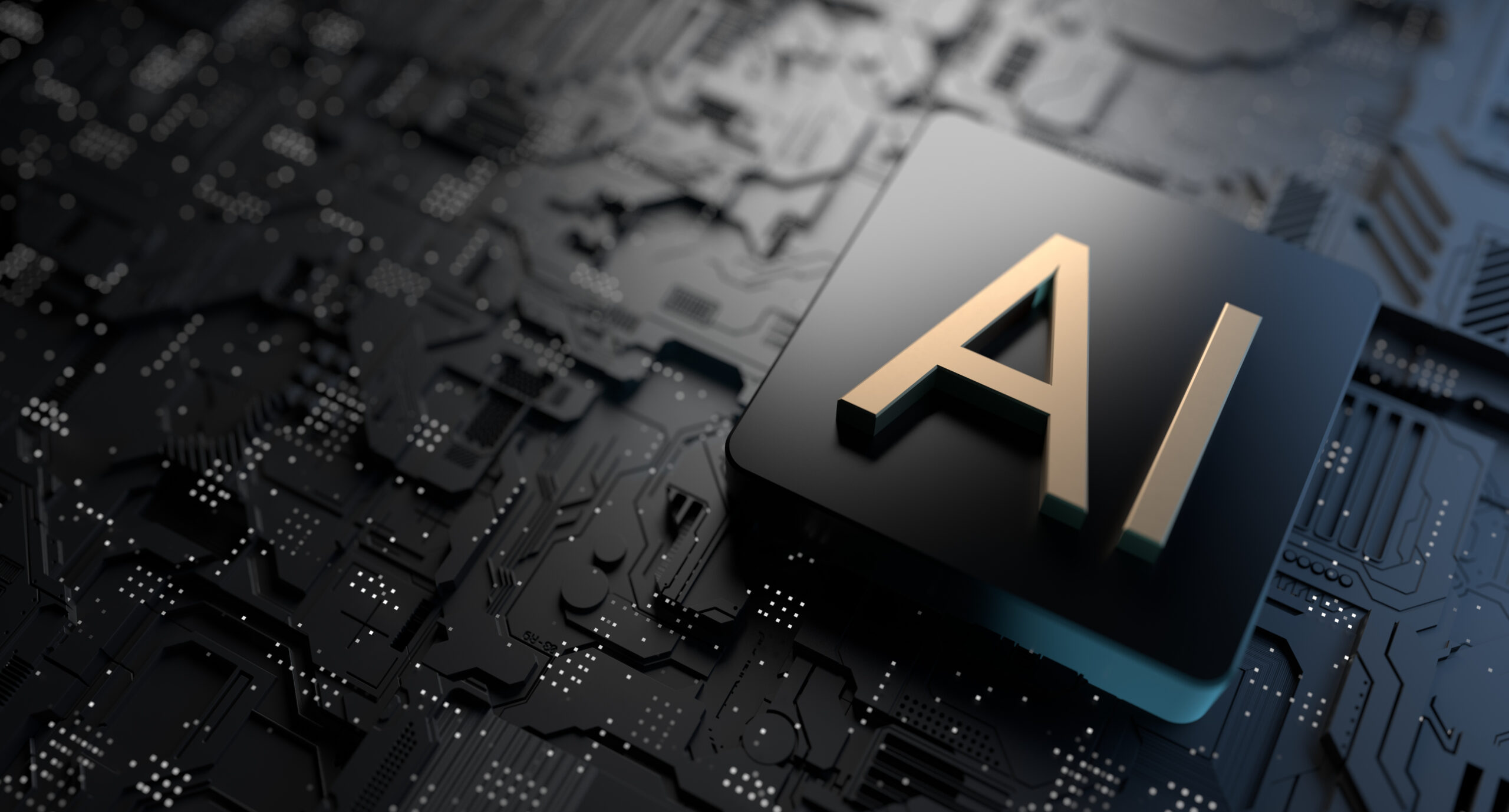In the rapidly evolving landscape of technology, Artificial Intelligence (AI) stands out as one of the most transformative innovations of our time. From enhancing productivity to revolutionizing industries, AI has become an integral part of our daily lives. In this article, we delve into the intricacies of AI, exploring its definition, applications, and the impact it has on various sectors.

What is Artificial Intelligence (AI)? Artificial Intelligence, commonly referred to as AI, is the simulation of human intelligence processes by machines, especially computer systems. These processes include learning, reasoning, problem-solving, perception, and language understanding. Unlike traditional computer programs, AI systems can analyze vast amounts of data, recognize patterns, and make decisions with minimal human intervention.

Applications of AI:
- Healthcare: AI is revolutionizing healthcare by enabling early disease detection, personalized treatment plans, and medical image analysis. Machine learning algorithms can analyze medical records and predict patient outcomes, leading to more accurate diagnoses and improved patient care.
- Finance: In the financial sector, AI algorithms are used for fraud detection, risk assessment, and algorithmic trading. AI-powered chatbots assist customers with banking inquiries and provide personalized financial advice based on individual preferences and spending patterns.
- Automotive Industry: Autonomous vehicles rely on AI technologies such as computer vision, natural language processing, and predictive analytics to navigate roads safely and efficiently. AI algorithms analyze real-time traffic data, identify obstacles, and make split-second decisions to ensure passenger safety.
- Retail: E-commerce platforms leverage AI for customer segmentation, recommendation systems, and predictive analytics. By analyzing past purchase history and browsing behavior, AI algorithms suggest products tailored to individual preferences, enhancing the overall shopping experience.
- Education: AI-driven educational platforms offer personalized learning experiences by adapting content and pacing to students’ individual needs. Intelligent tutoring systems provide real-time feedback, track student progress, and identify areas for improvement, fostering a more engaging and effective learning environment.
Impact of AI: The widespread adoption of AI has led to significant advancements across various industries, streamlining processes, improving efficiency, and driving innovation. However, the proliferation of AI also raises ethical and societal concerns, including job displacement, data privacy, and algorithmic bias. As AI continues to evolve, it is essential to prioritize transparency, accountability, and ethical standards to mitigate potential risks and ensure equitable access to AI technologies.
Conclusion: Artificial Intelligence (AI) is reshaping the way we live, work, and interact with technology. From healthcare to finance, education to automotive, AI is driving innovation and transforming industries across the globe. As we navigate the complexities of AI-driven solutions, it is imperative to foster collaboration, promote ethical standards, and harness the power of AI to address societal challenges and create a more inclusive and sustainable future.
In summary, Artificial Intelligence represents a powerful tool for innovation and progress, offering limitless possibilities to enhance human capabilities and improve quality of life. By embracing AI responsibly and ethically, we can unlock its full potential and pave the way for a brighter tomorrow.



